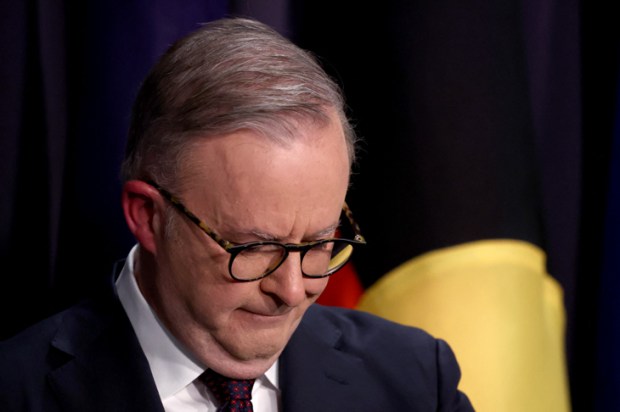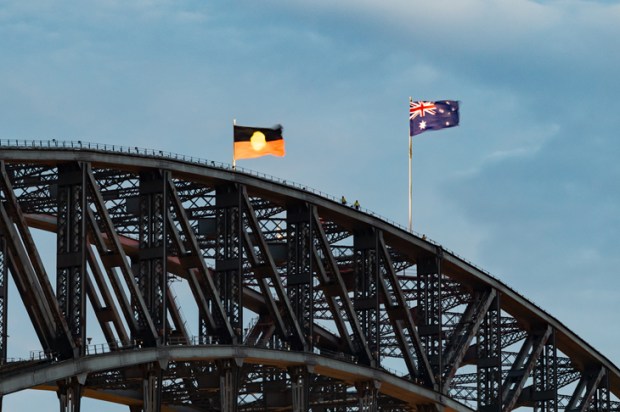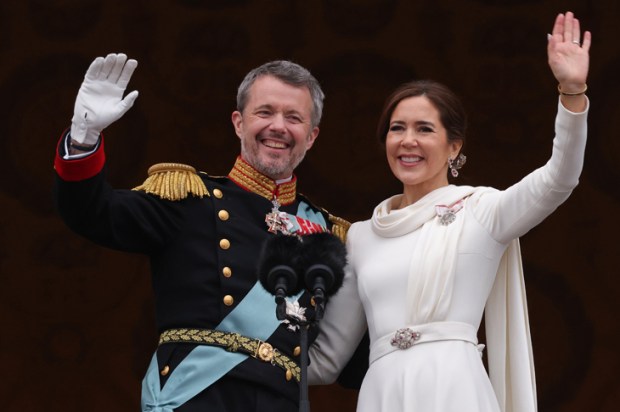According to our National Archives, the aim of the Immigration Restriction Act, aka the White Australia Policy, was ‘to limit non-white (particularly Asian) immigration to Australia, to help keep Australia British’. Thanks to the tireless efforts of the revisionists in our schools and universities, and their lazy friends in the mainstream media, many Australians now conflate this legislative embarrassment with the marginalisation of Aboriginals, whose own immigration ended 50,000 years earlier, when the isthmus connecting Cape York to Papua New Guinea sank beneath the Torres Strait. In fact, the ethnic minority whose growth our first federal government was most determined to limit in 1901 were the Chinese, who’d begun arriving during the gold rush of the 1860’s and who, having made a not inconsiderable contribution to our nascent economy, might now be starting to get ideas above their station. But not all those early Chinese arrivals prospered. When the convict labour supply dried up, many Australian farmers turned to immigrant workforces, and the lives of Chinese agricultural labourers – some of whom were actually indentured – were often no great improvement on the medieval depredations they’d escaped in their rural homeland. Here they also found themselves in thrall to a culture whose language, customs and religion precluded meaningful integration, and subjected them to dehumanising discrimination and not infrequently physical abuse. So it is testament to the Confucian stoicism which permeates their own culture that Chinese people continued to flock to these shores long after Victorian gold ran out, and long before European settlers began to treat them as anything like equals. In the sixty years since the White Australia Policy was officially discarded, our Chinese population has grown even faster, and Chinese immigrants now outnumber Poms each year and are only surpassed by Indians – a disparity which will disappear if China ever gets serious about cricket. In the meantime, judging by their disproportionate representation in our board rooms, professions and parliaments, you might assume Chinese Australians no longer have to worry about discrimination, but according to a Lowy Institute survey one in five of them were the subject of race-based verbal or physical attacks in 2021. And while such incidents certainly spiked after Xi Jinping responded to Scott Morrison’s request for an inquiry into the origins of Covid by banning various Australian exports, the truth is that as a nation we’ve never been entirely free of the Sinophobia which that shameful 1901 statute embodied. This has not been helped by the fact that even long-established Chinese Australian communities continue to foster linguistic, cultural and family ties to the mother country, and in this respect their position is not unlike that of the Russian-speaking, pro-Moscow enclaves of Eastern Ukraine. So we would do well to remember that whatever Mr Putin’s private agenda may be, his public justification for the invasion of that country was the liberation of a Russian-speaking minority from the brutalisation and abuse they have allegedly suffered for many years at the hands of ultra-nationalist Ukrainian ‘Nazis’. We would also do well to remember that Mr Putin is not the only world leader who believes that an adjacent landmass which claims to be a sovereign state is actually an historic aberration which must now, for the sake of national self-respect, not to mention economic self-interest, be rectified. As many observers have said, nobody will be playing closer attention to how the Ukraine conflict pans out than President Xi. And if he decides that Western democratic opposition to Mr Putin’s adventurism will never take a more muscular form than sanctions and asset freezing, it may well embolden him to make good his promise on Taiwan, and to do it sooner rather than later. But just as there is no guarantee that Mr Putin’s Soviet restoration ambitions would stop at Ukraine’s borders with Moldova, Poland and Belarus, there is no reason to suppose that President Xi’s bigger China picture is framed by the South China Sea. To put it another way, why, five or ten years down the track, would he not use the undeniable historic oppression and exploitation of the Chinese diaspora as an excuse for invading or at least annexing other sovereign Pacific nations? And if he was confident that the US and the UN would not do anything about it, why would he not start with a nation which, as well as having a substantial Chinese population, happens also to be blessed with apparently inexhaustible reserves of the minerals for which China already has such an insatiable appetite? Especially if its government had already committed to achieving net zero on carbon emissions sooner than taking delivery of a single nuclear-powered submarine.
Got something to add? Join the discussion and comment below.
Get 10 issues for just $10
Subscribe to The Spectator Australia today for the next 10 magazine issues, plus full online access, for just $10.
You might disagree with half of it, but you’ll enjoy reading all of it. Try your first month for free, then just $2 a week for the remainder of your first year.















Comments
Don't miss out
Join the conversation with other Spectator Australia readers. Subscribe to leave a comment.
SUBSCRIBEAlready a subscriber? Log in